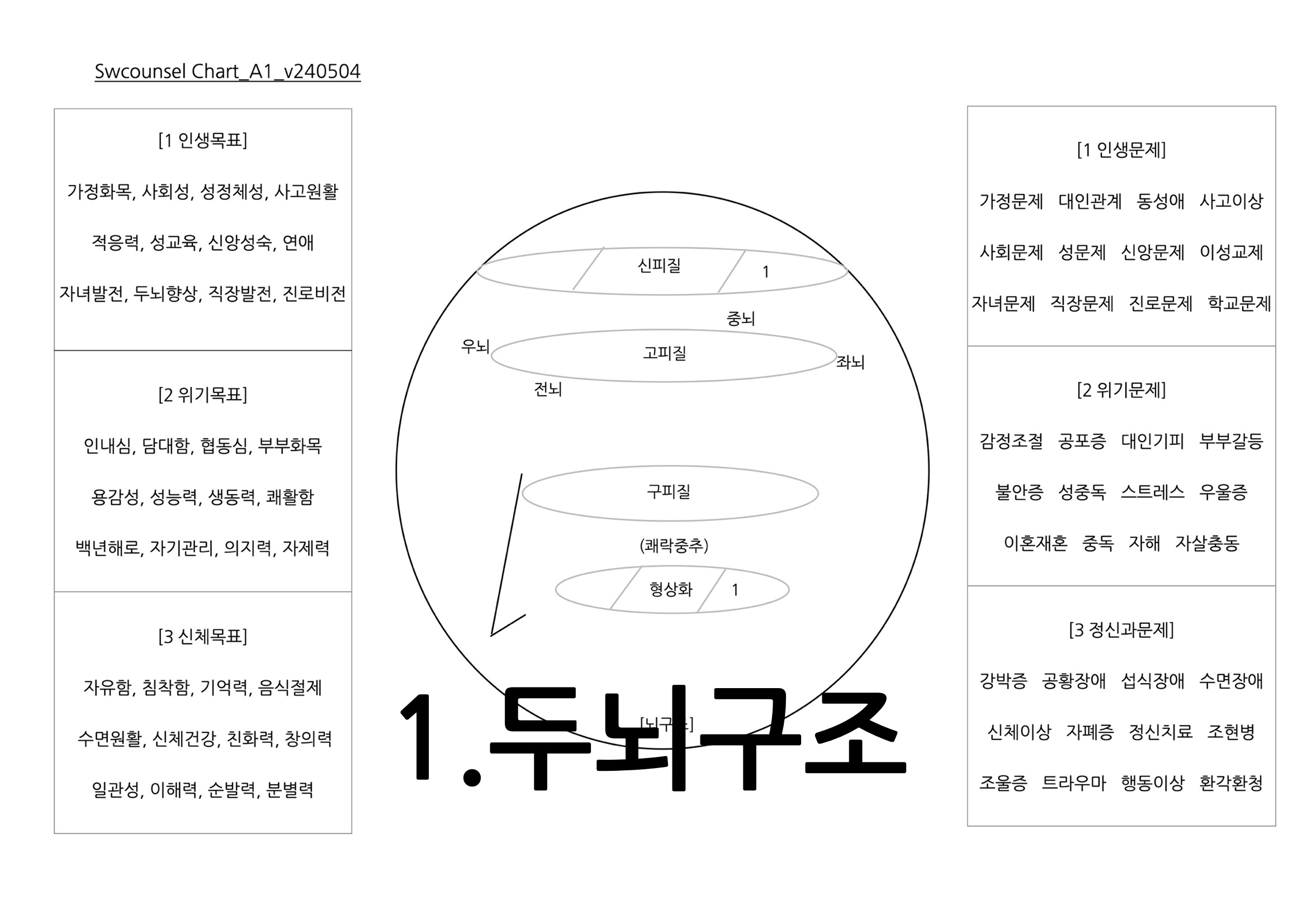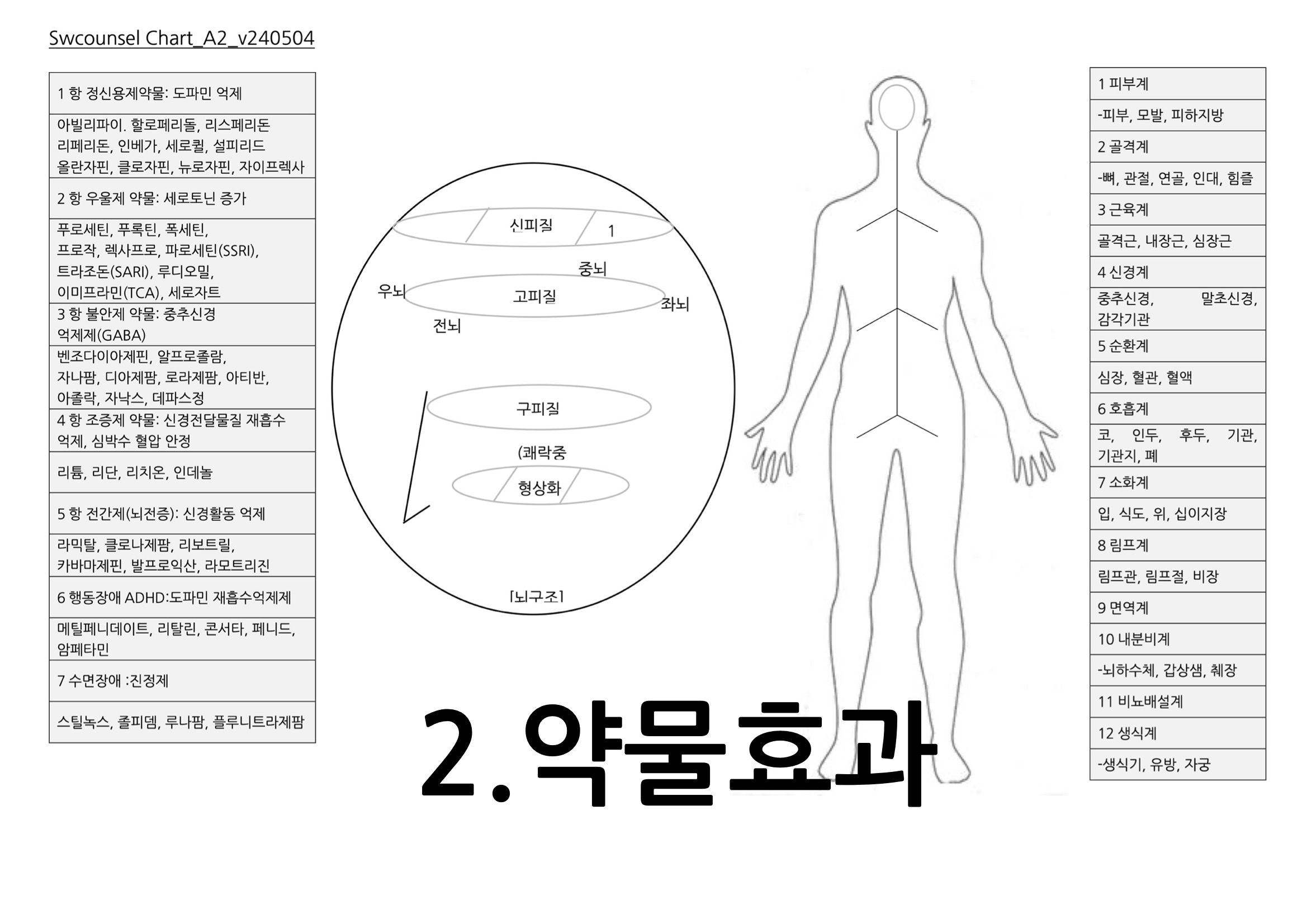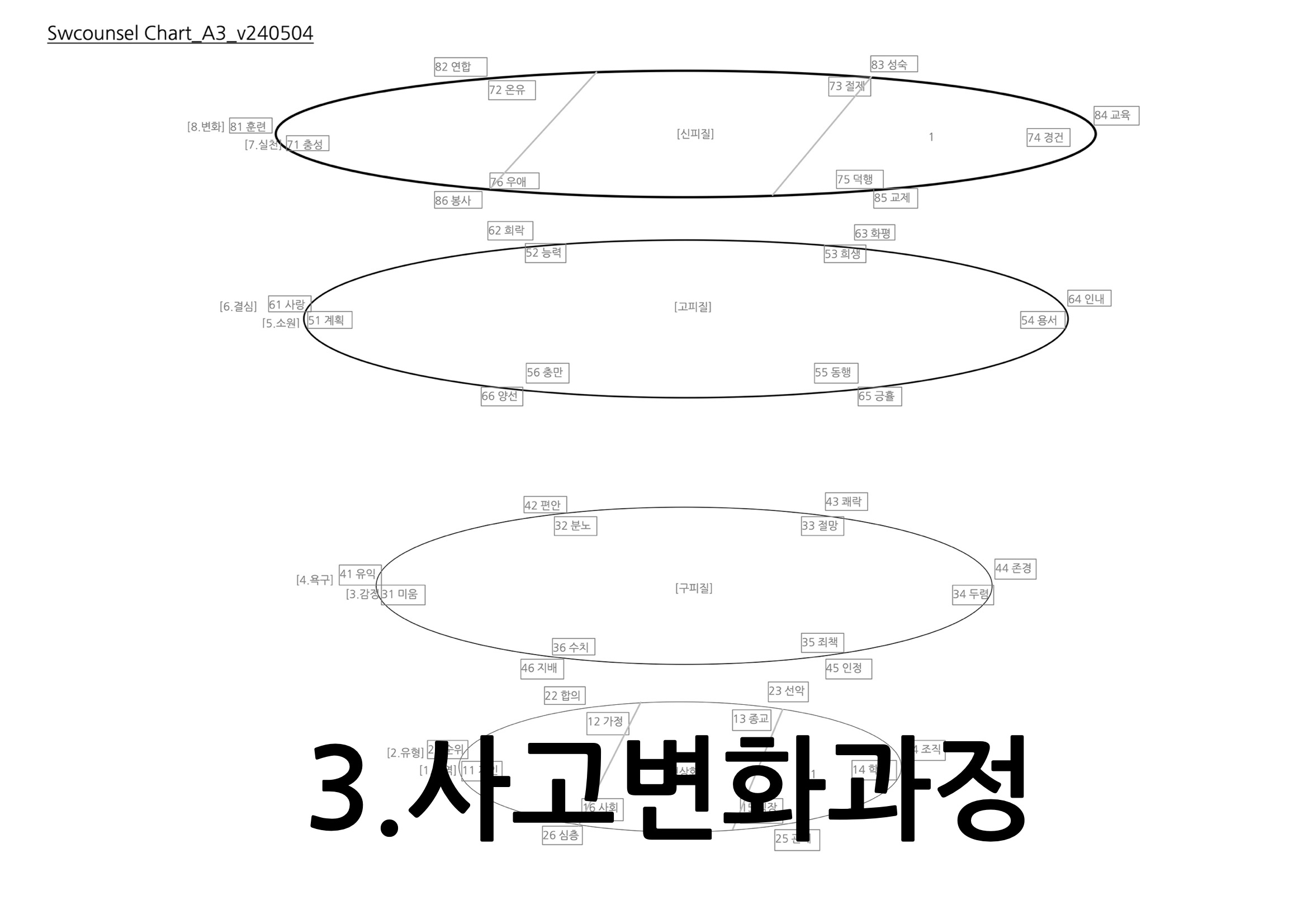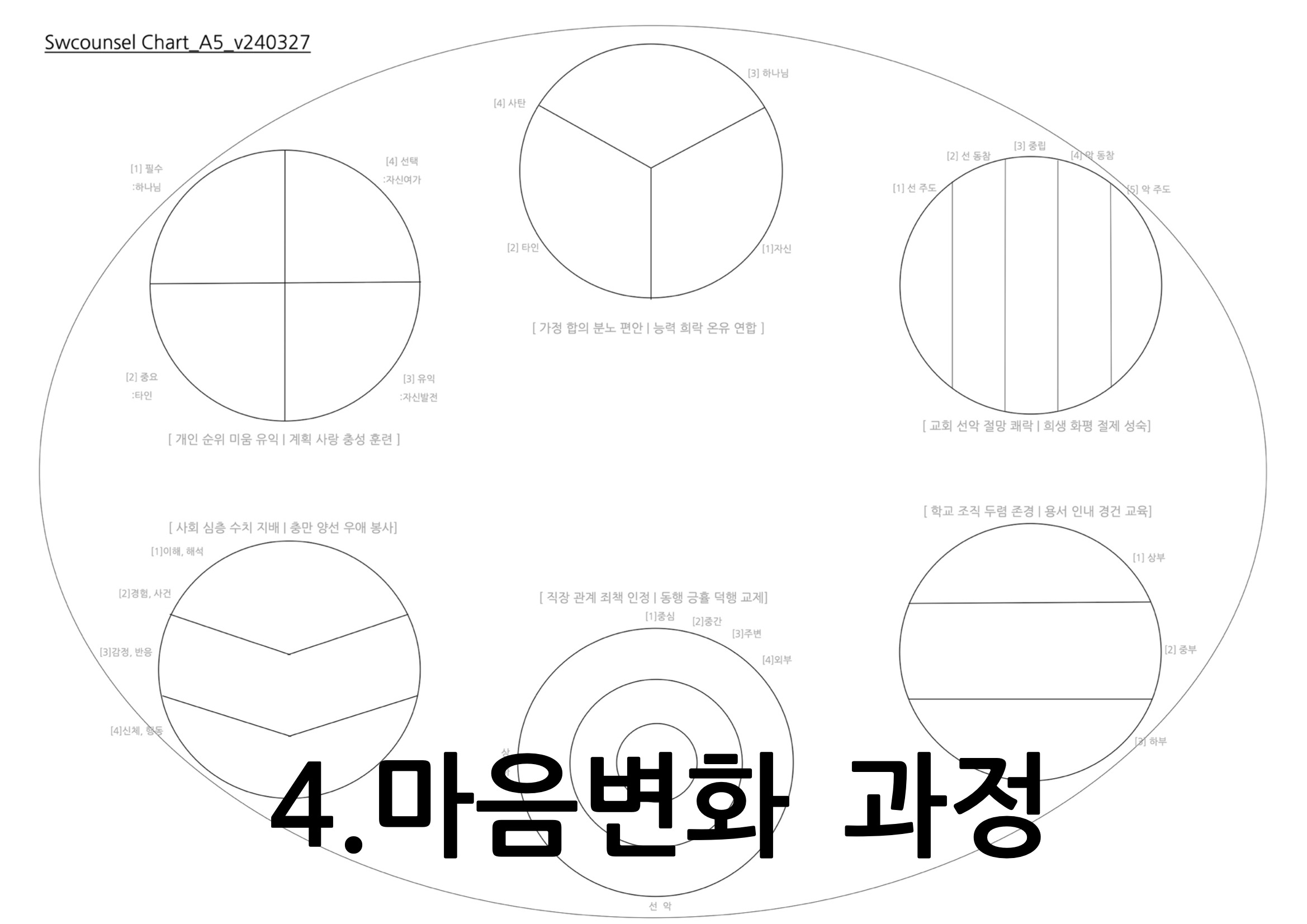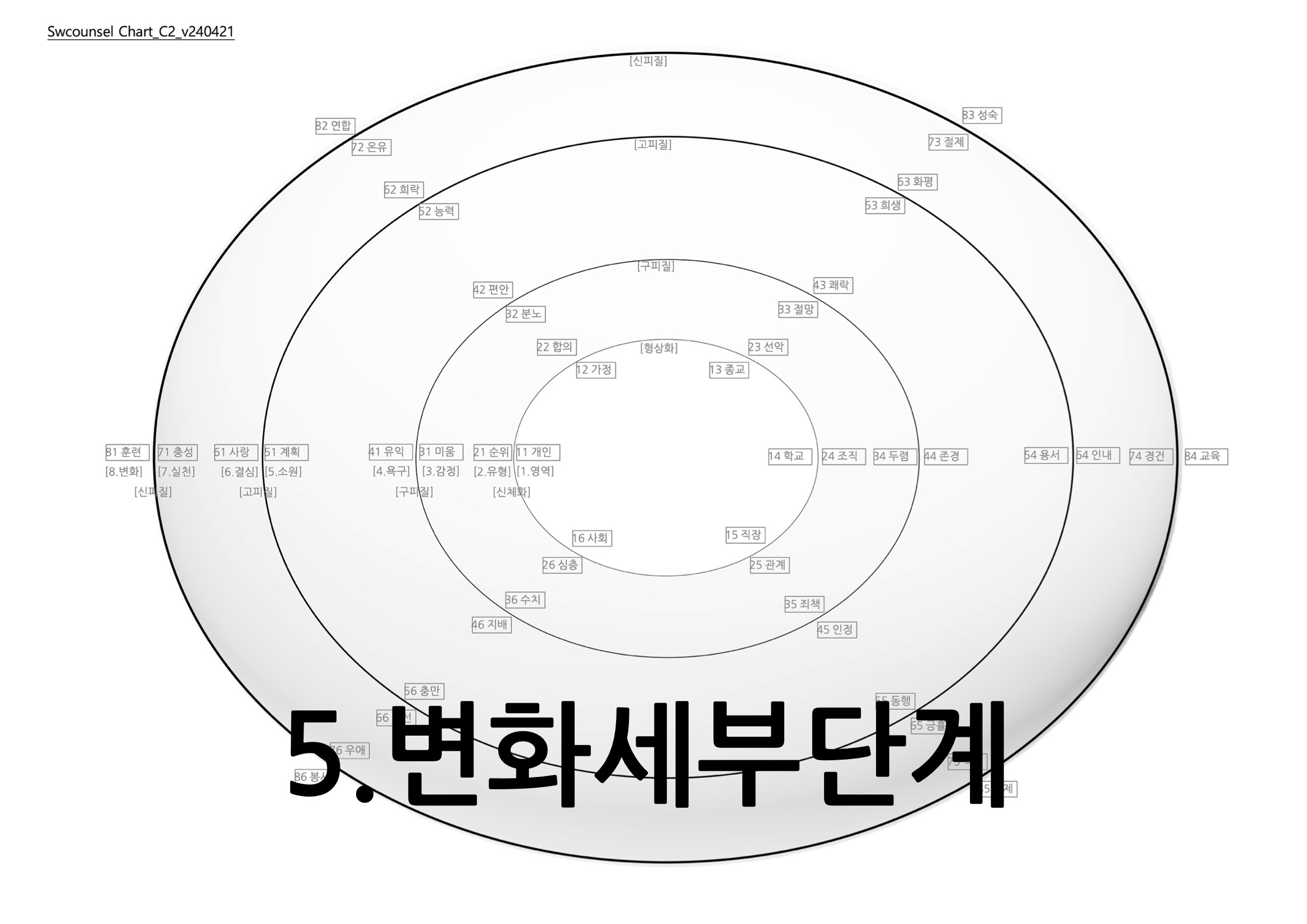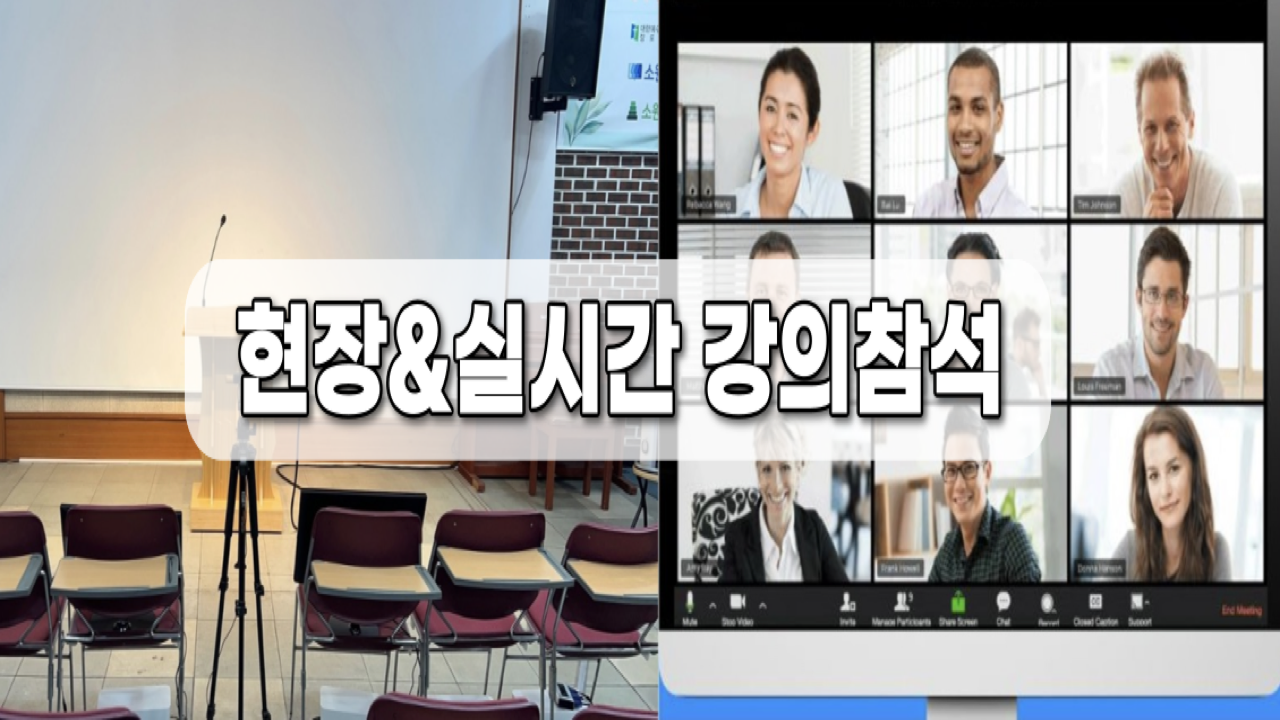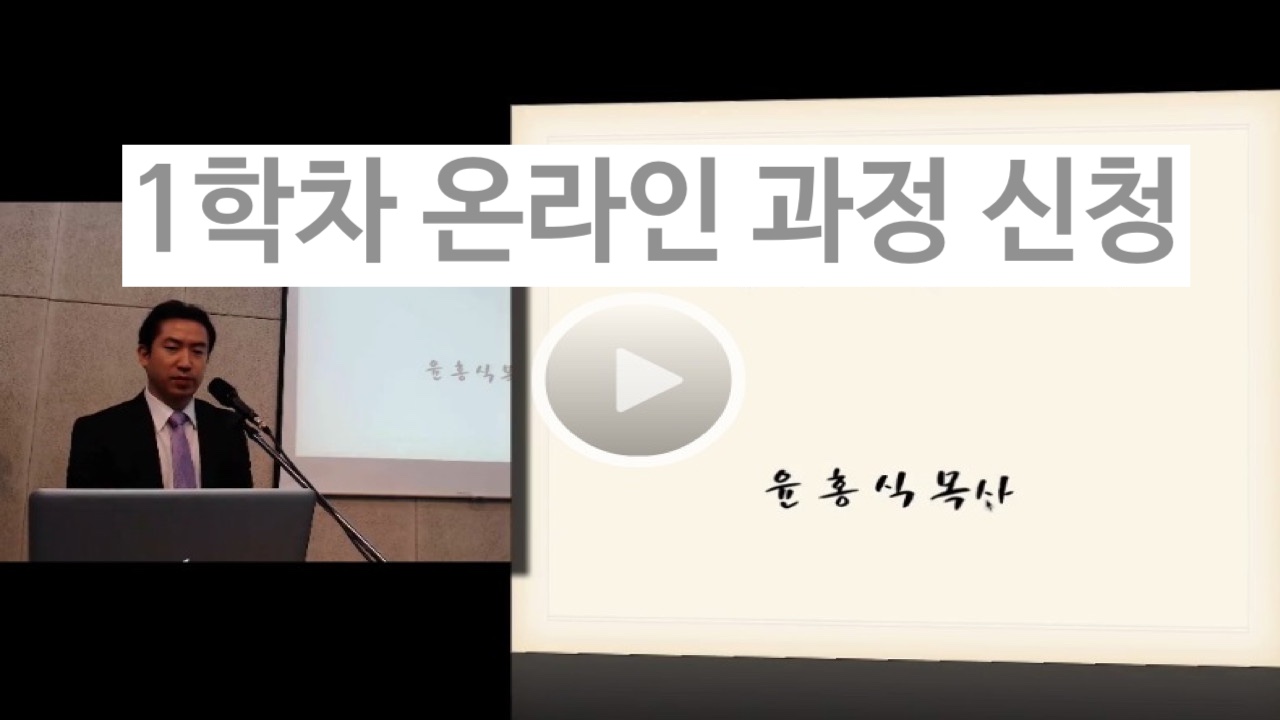[CCEF] Six Basic Struggles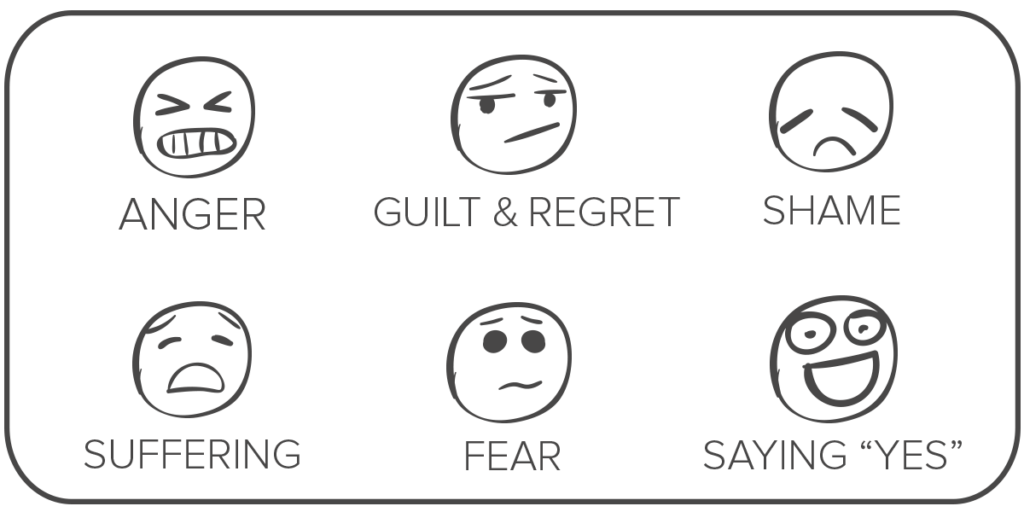 Six Basic Strugglesby Ed Welch
Most people would acknowledge at least six basic struggles.
Sin doesn’t make the list because it is not naturally acknowledged by all humanity. Though most people can acknowledge wrongdoing, not everyone believes their wrong is against God. Consider the list for a moment. To make the cut, the problems should be identified in the early chapters of Genesis (at least in their nascent form), and they should be carried through the rest of Scripture. For example, the experience of saying “yes” when we should say “no” is central to the fall. We were told to avoid one particular tree, and somehow, what was forbidden became a deadly lure. The remainder of Scripture teaches us to correctly identify what is right and wrong, so that with Christ’s help, we can act on that growing discernment. Would you agree that these six are part of everyday life for most people? If so, you will want to envision how to equip your congregants to bring these matters to Scripture and to Jesus. From there, your church can move out and be helpful to others. With this in mind, what might you aim for? Here are some ideas. That everyone who attends will be able to identify that these six are, indeed, their struggles. An interesting feature of these six problems is that they are the constituent parts of more complicated human struggles. Depression, for example, is certainly a form of suffering. It often has a physical contribution, yet depressed people are human beings who also struggle with fear, guilt, anger and shame, and these can all intensify the experience of depression. Or consider anorexia. Guilt, shame, fear and even anger are frequent building blocks of the anorectic experience. The more you know someone, the more you discover that our struggles are more alike than different. In the coming months, we will move through these six topics and we welcome your questions about them. We begin with anger.
| ||||||||||||||||||||||||





